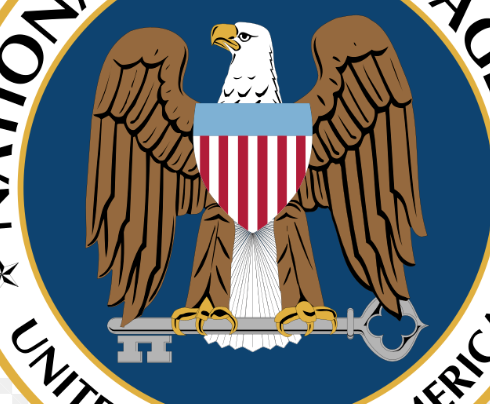
The events of September 11th, 2001, marked a pivotal moment in modern history, profoundly shaping the landscape of national security and global politics in the years that followed. As we approach the 20th anniversary of the tragic attacks, it is crucial to reflect on the lasting impact of 9/11 and its far-reaching implications for the world.
The Immediate Aftermath
In the immediate aftermath of the 9/11 attacks, the United States and its allies embarked on a global war on terror, launching military operations in Afghanistan to dismantle the Taliban regime and root out terrorist networks, most notably Al-Qaeda, responsible for the attacks. The invasion of Iraq in 2003 further intensified efforts to combat terrorism and promote stability in the Middle East.
National Security
The attacks of 9/11 prompted a paradigm shift in national security policies, leading to the implementation of comprehensive counterterrorism measures aimed at preventing future attacks. The creation of the Department of Homeland Security and the passage of the USA PATRIOT Act expanded the government’s surveillance capabilities and enhanced intelligence-sharing among law enforcement agencies.
Airport security protocols were overhauled, with the introduction of rigorous screening measures, enhanced passenger profiling, and the deployment of federal air marshals to safeguard commercial flights. Additionally, the establishment of the Transportation Security Administration (TSA) strengthened security measures at airports and other transportation hubs across the country.
The Global War on Terror
Impact on Global Politics
The global response to the 9/11 attacks extended beyond military operations in Afghanistan and Iraq, with countries around the world bolstering their counterterrorism efforts and enhancing cooperation to combat extremist threats. The formation of international coalitions, such as the Global Counterterrorism Forum and the Global Coalition to Defeat ISIS, underscored the collective commitment to confronting terrorism on a global scale.
However, the war on terror also raised concerns about civil liberties, human rights abuses, and the erosion of democratic principles. Controversial practices such as indefinite detention, enhanced interrogation techniques, and targeted drone strikes sparked debate over the balance between security and individual freedoms.
The repercussions of 9/11 reverberated far beyond the borders of the United States, reshaping the geopolitical landscape and fueling tensions in regions already plagued by conflict and instability. The invasion of Iraq and the subsequent ousting of Saddam Hussein exacerbated sectarian divisions and gave rise to insurgency and terrorism, further destabilizing the region.
The rise of jihadist groups like Al-Qaeda and ISIS posed a significant threat to regional and global security, inspiring terrorist attacks in Europe, Asia, Africa, and beyond. The proliferation of extremist ideologies and the spread of radicalization through online channels underscored the evolving nature of the terrorist threat and the need for a coordinated and multifaceted approach to counterterrorism.
Moreover, the legacy of 9/11 continues to influence diplomatic relations, foreign policy decisions, and military interventions around the world. The United States’ role as a global leader in the fight against terrorism has shaped its alliances and strategic partnerships, while also fueling debates over interventionism, regime change, and nation-building.